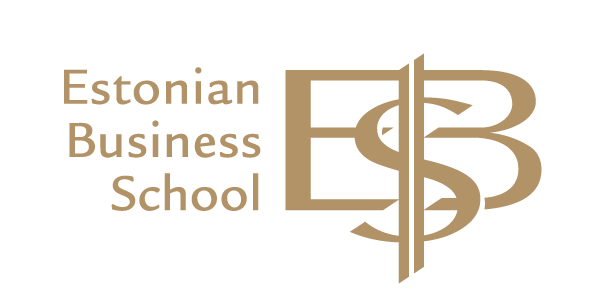Academic fraud
The purpose of studying is to obtain knowledge and skills and to develop.
In the academic world it is important to acknowledge other people’s knowledge and discoveries. Publishing another person’s writings or part of them in your name and presenting other people’s research findings in your name without referring to the source is creative theft or plagiarism. Therefore the student must know the rules applicable to using sources. The Manual of Writing Style is available in here.
Academic fraud is:
- use of materials that the lecturer has clearly forbidden to use during the evaluation of learning outcomes;
- forbidden exchange of information during evaluation of learning outcomes;
- impersonating someone else during evaluation of learning outcomes;
- submission of somebody else’s work under your own name or using parts of their work without proper academic referencing;
- plagiarism, that means reproducing another author’s text, severe paraphrasing or quoting without proper academic referencing;
- resubmission of one’s own work again if they have already received credit points for it.
Unethical behavior include: violation of generally accepted rules of behavior or academic practice; forgery of documents; intentional provision of false information in the works and/or applications; damaging EBS reputation, including negative value judgement about EBS; without EBS consent mediating the study opportunities or services offered by EBS or compiling and distributing materials to introduce the university or other activities by which the university gets financial or reputational damage and for the purpose of one’s own financial gain.
In case the student has committed an act of academic fraud or unethical behavior, the Head of the Office of Academic Affairs has the right to reprimand the student or to propose deletion of the student from the matriculation register.
